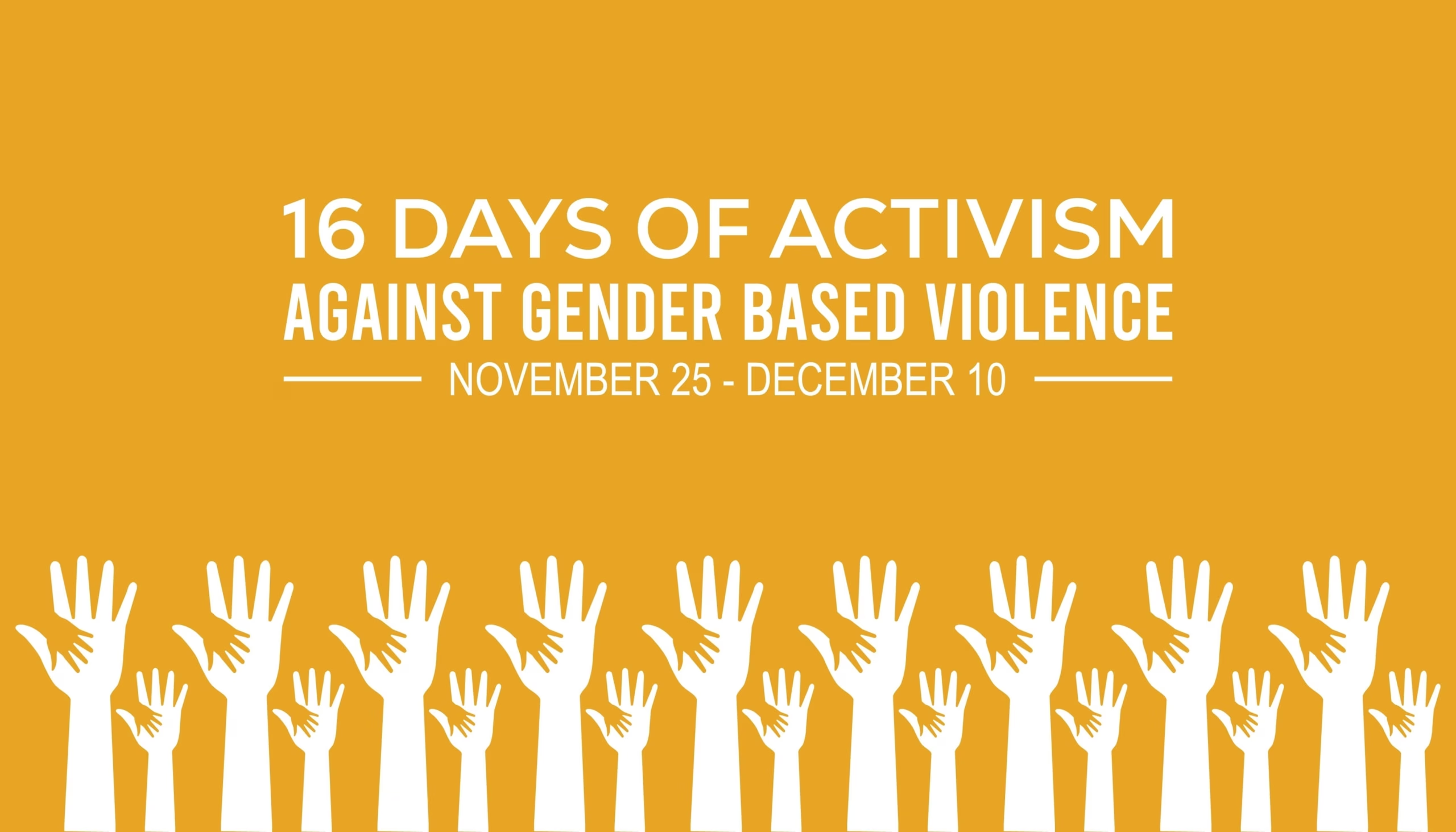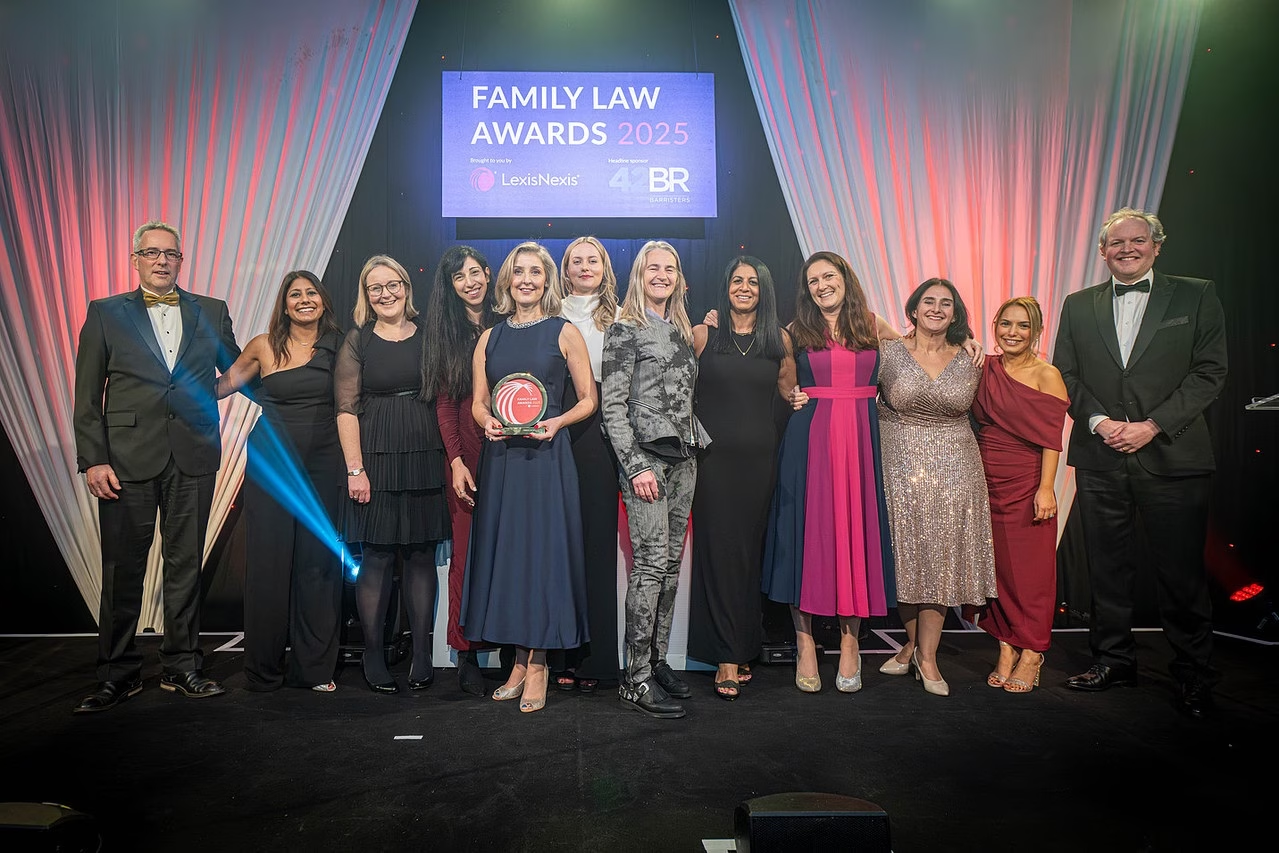TV EDWARDS SOLICITORS LLP
News and Blogs
Read the latest TV Edwards news, recent cases and blog posts by our expert solicitors.

Latest Blogs

As the Doomsday Clock warns of global risk, divorce law in England exposes how quickly power, assets and certainty can shift when a marriage breaks down.
By
Paul Read

As we move into 2026, our priority is to help clients navigate change with clarity, confidence and compassion, whatever the future holds.
By
Paul Read














